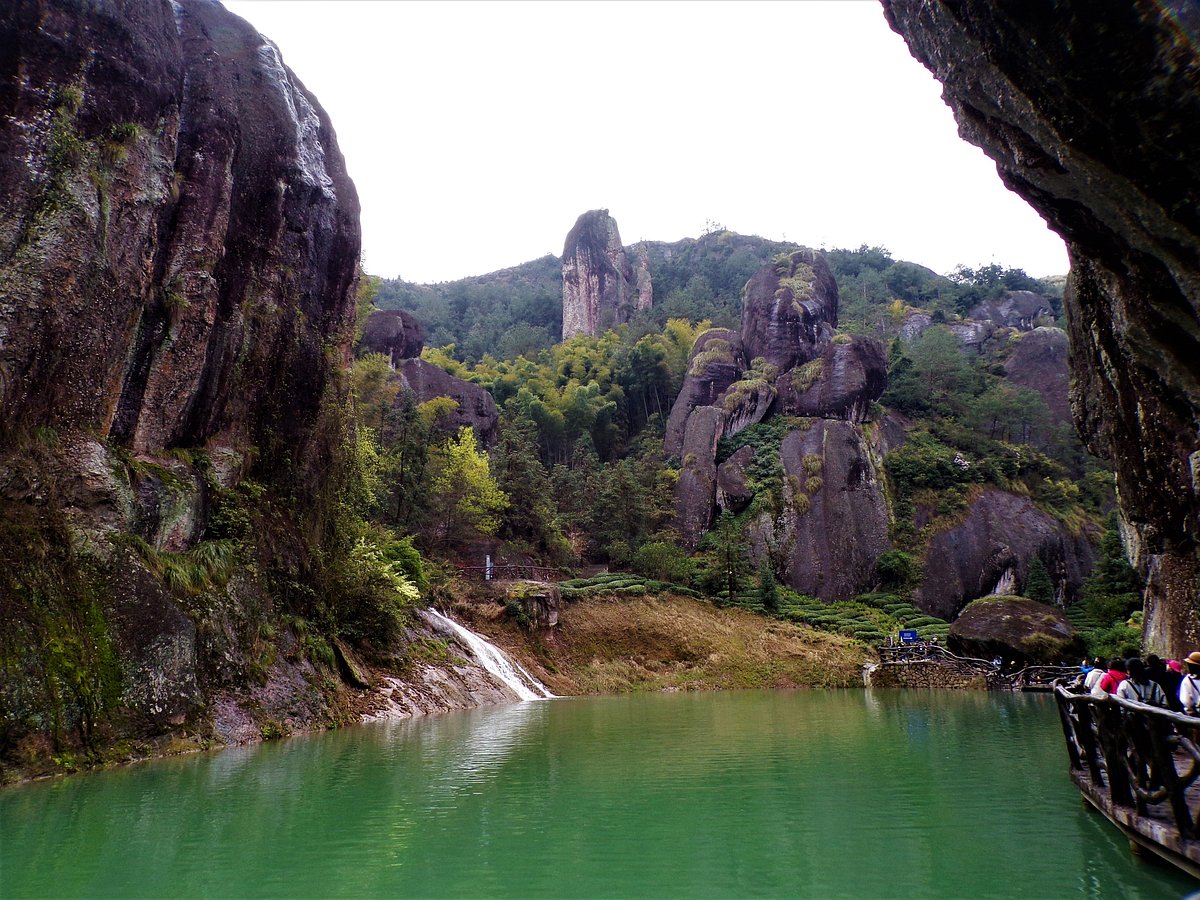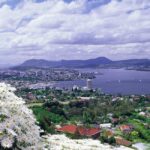Quick Bits:
Songyang, located in China’s Zhejiang province, offers visitors a glimpse into traditional Chinese landscapes and heritage. Nestled in scenic hills, Songyang is a treasure trove of cultural sites, natural beauty, and historical architecture. Known for its rural charm and cultural legacy, Songyang invites travelers to explore its picturesque valleys, ancient villages, and vibrant local culture.
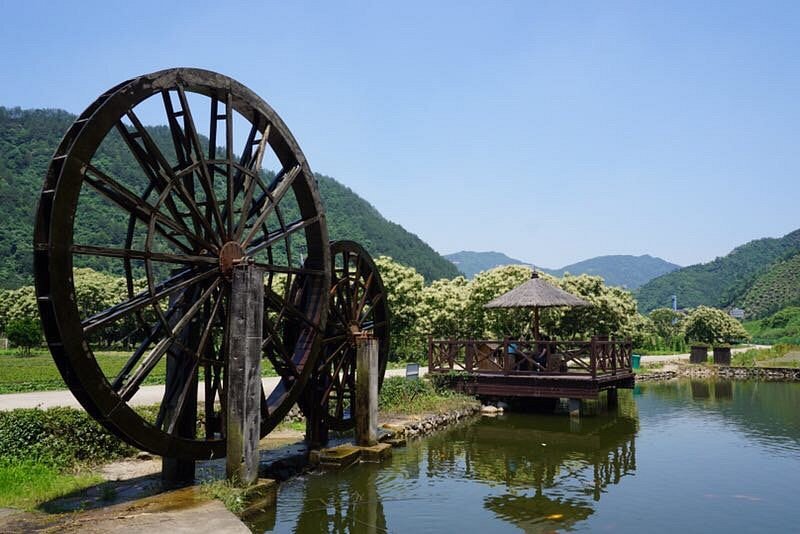
Key Highlights
- Songyang is known for its preserved ancient villages and traditional architecture.
- The county boasts serene natural landscapes, including misty mountains and lush forests.
- Unique cultural heritage with traditional tea houses and ancestral temples.
- Pleasant climate year-round, making it suitable for visitors any season.
- Home to several festivals that showcase the vibrant local culture.
General Information
Songyang is a rural county in the southwestern region of Zhejiang province in China. While lesser-known than nearby popular cities, Songyang is rich in culture and history. The county’s slow-paced life, combined with centuries-old villages, draws in travelers looking for an authentic experience.
The economy relies largely on tea plantations, bamboo forests, and small-scale agriculture. Songyang’s ancient villages have become significant attractions, where time appears to have stood still. People come here to escape the urban rush and enjoy the tranquility of traditional Chinese countryside life.
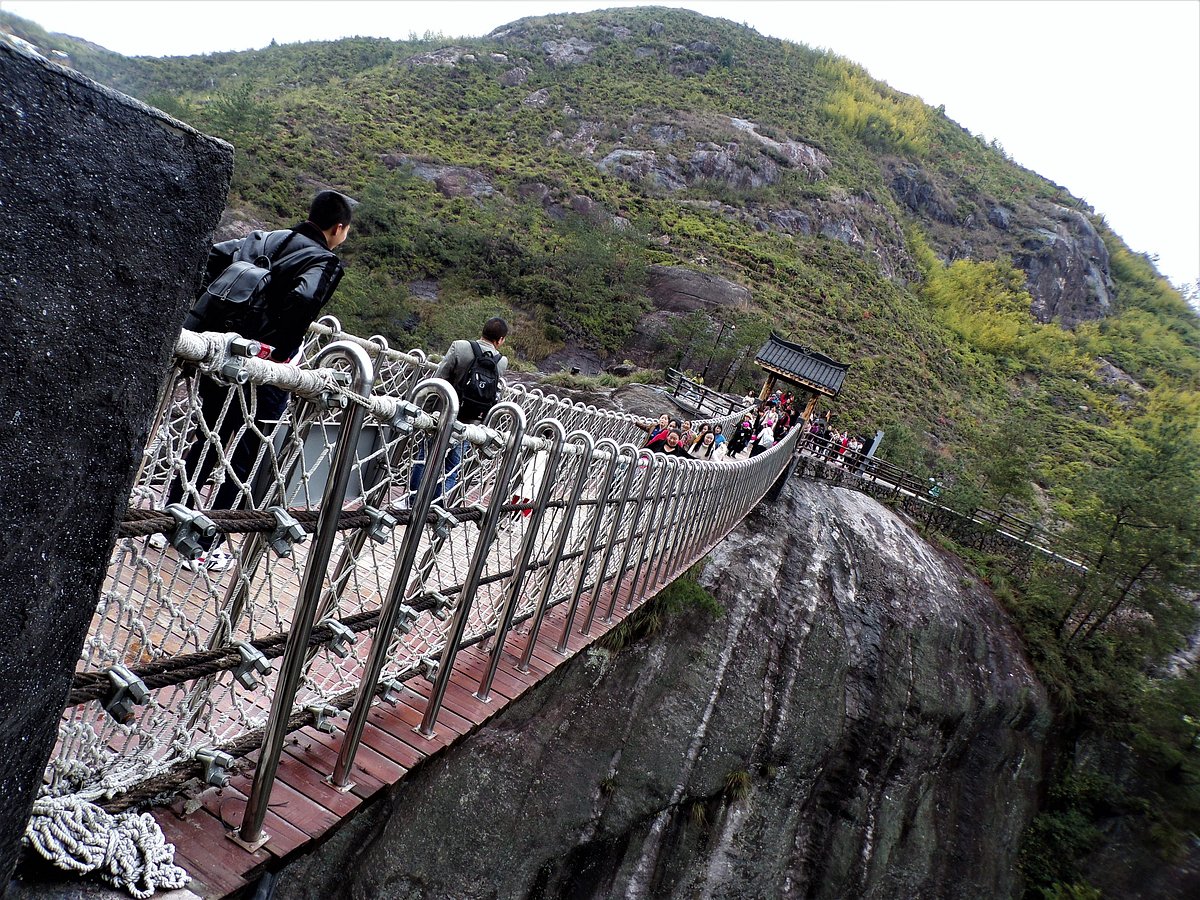
Geography Information
Songyang is situated amidst the mountainous landscapes of Zhejiang, surrounded by forested hills and valleys. It covers an area of about 1,400 square kilometers, making it a spacious yet cozy destination. The region’s terrain is a mix of mountains and rivers, creating an ideal habitat for diverse flora and fauna.
Songyang’s geographical features make it ideal for agriculture. Tea plantations are abundant, with the climate and soil perfectly suited for tea cultivation. The natural scenery of Songyang offers breathtaking views, especially during the early mornings when mist settles over the hills.

Places to Visit
1. Ancient Villages
Songyang is home to many ancient villages with well-preserved Ming and Qing dynasty architecture. Villages like Huangyan, Yantou, and Xinxing showcase the beauty of old-style wooden houses, stone pathways, and intricately decorated buildings. Each village offers a unique window into the lives of those who have lived in Songyang for centuries.
2. Shuangxikou Village
Shuangxikou is a charming riverside village that feels like a scene from a classic Chinese painting. The village features ancient bridges and beautifully crafted wooden houses. Shuangxikou is particularly stunning during the spring season when the area is filled with blooming flowers.
3. Daji Temple
Daji Temple is an ancient Buddhist temple complex, dating back over a thousand years. Located on a serene mountainside, the temple provides panoramic views of Songyang’s countryside. The temple itself has an array of statues, traditional pagodas, and meditation halls.
4. Songyin River
The Songyin River winds through the county and is a perfect spot for peaceful walks, boat rides, and picnics. The riverbanks are lined with bamboo groves, and the surrounding areas are excellent for birdwatching and photography.
5. Tea Plantations
Songyang is known for its green tea, especially Songyang Longjing tea, a local variant of the famous Dragon Well tea. Visiting these plantations offers a chance to witness traditional tea-picking and processing. Some plantations also offer tea-tasting sessions where visitors can sample freshly brewed tea and learn about its health benefits.
6. Xiangbi Mountain
Xiangbi Mountain is a natural landmark and a must-see for hiking enthusiasts. The mountain gets its name from its elephant-trunk shape, which adds to its allure. The hike is not too strenuous and provides fantastic views from the top.
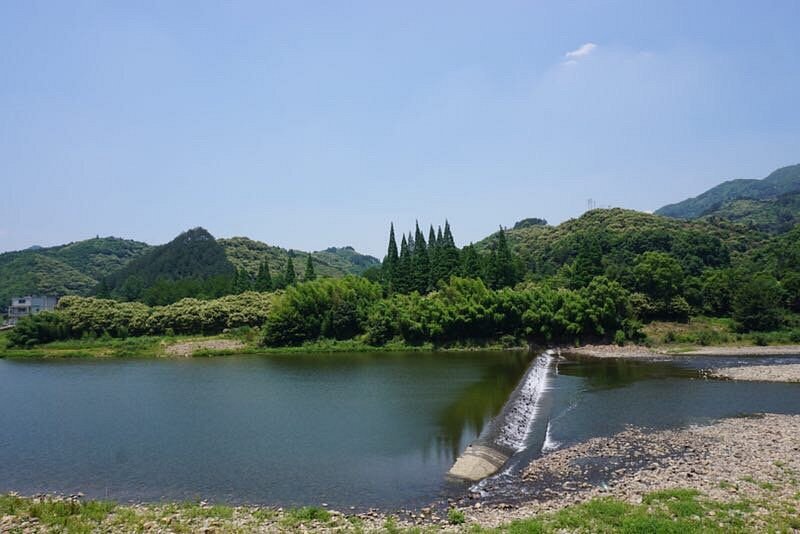
Yearly Climate
Songyang enjoys a subtropical monsoon climate, which means the weather varies between mild winters and warm, humid summers. Below is a brief breakdown of what each season typically offers:
- Spring (March to May): Average temperatures range from 15°C to 25°C. The landscape is lush and green, with flowers blooming across the valleys.
- Summer (June to August): Temperatures can reach up to 35°C. Despite the warmth, the elevation and surrounding forests help keep it comfortable. Rain showers are common, and the region becomes vibrant and green.
- Autumn (September to November): Autumn is one of the best times to visit. Temperatures range from 18°C to 28°C. The fall foliage paints the landscape with golden hues, and the air is crisp and fresh.
- Winter (December to February): Winters are mild, with temperatures between 5°C and 15°C. Snow is rare, but the cool air and misty mornings create a peaceful atmosphere.
Best Time of Year to Visit
The best time to visit Songyang is during the spring (March to May) or autumn (September to November). During these seasons, the temperatures are mild, and the landscapes are at their most beautiful. Spring brings blossoms and fresh greenery, while autumn offers colorful foliage and pleasant weather. Festivals in these seasons provide a glimpse into local traditions and celebrations.
Visitors looking to escape the intense heat should avoid the peak summer months. However, if they are interested in experiencing local tea culture, summer remains ideal as the tea plantations are in full activity.
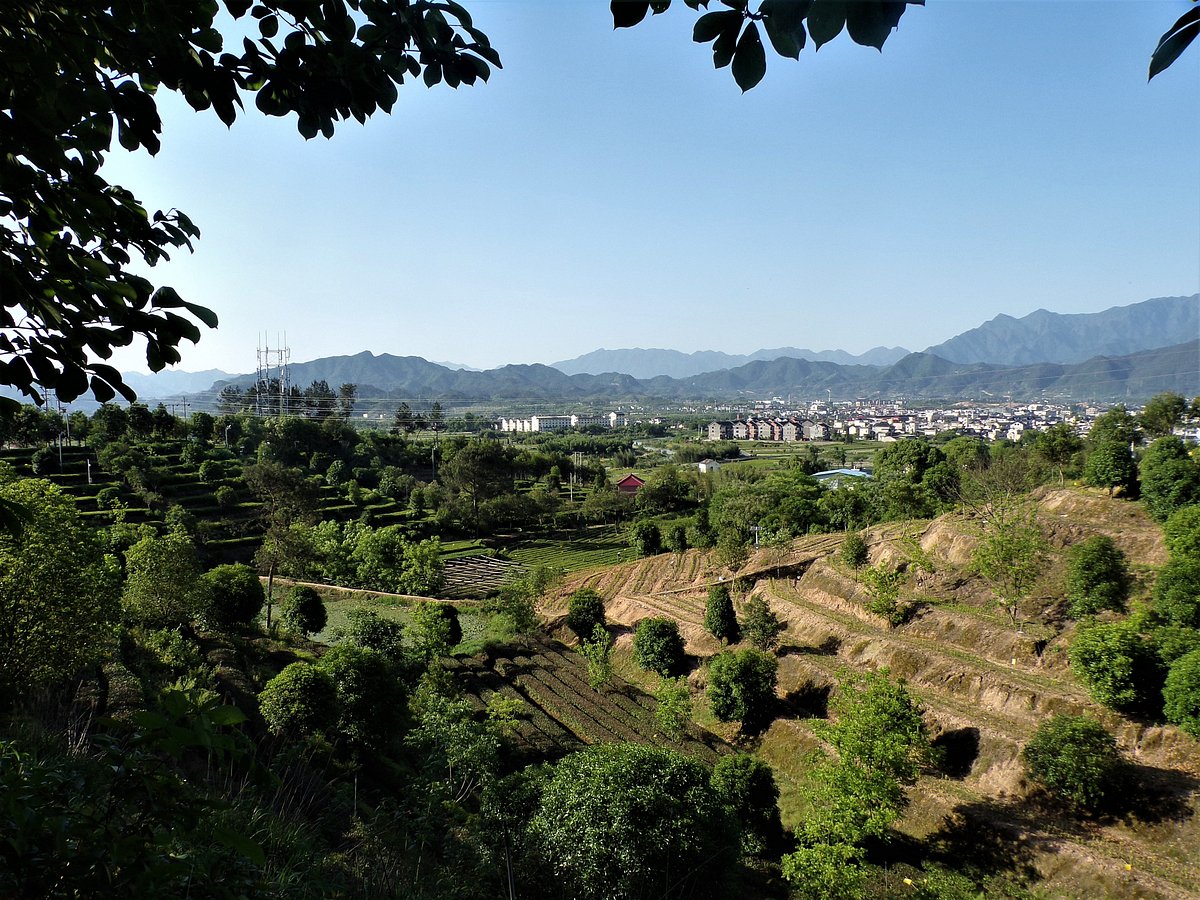
In Summary…
Songyang is a quiet and captivating destination, nestled in the Zhejiang province’s scenic landscapes. With its charming ancient villages, peaceful rivers, and historical sites, Songyang offers an immersive journey into China’s rich heritage. The combination of natural beauty and cultural heritage makes it a destination that appeals to both nature lovers and history enthusiasts. Whether wandering through centuries-old villages, hiking misty mountains, or sipping freshly brewed local tea, visitors will find Songyang a memorable experience.

